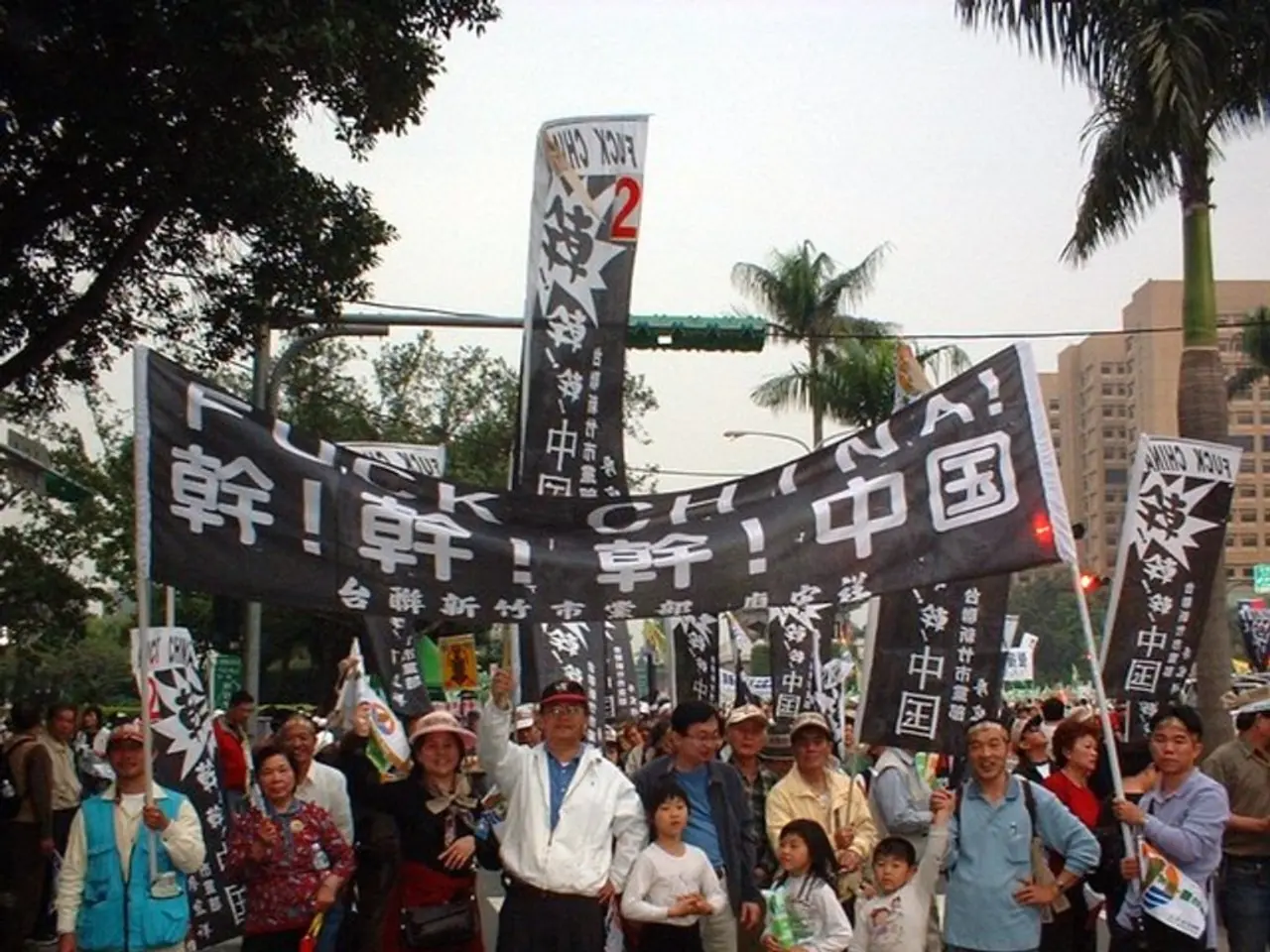Interconnectedness of Gender Inequality and Climate Change
In a world grappling with the intensifying effects of climate change, a 2025 UN Spotlight brief has shed light on a concerning aspect – the escalation of gender-based violence and other social issues. Climate change, acting as a "threat multiplier", worsens gender inequality in conflict-affected areas, intensifying social, political, and economic tensions.
The connection between the drivers of the climate crisis and gender inequalities is becoming increasingly evident. This realization has given birth to the concept of feminist climate justice, which acknowledges and addresses these interconnections.
The climate crisis disproportionately impacts women and girls, amplifying existing gender inequalities and posing unique threats to their livelihoods, health, and safety. For instance, during natural disasters, women and girls are less able to access relief and assistance, further threatening their well-being and recovery.
Women are more likely to be injured during natural hazards due to long-standing gender inequalities that have created disparities in information, mobility, decision-making, and access to resources and training. This is further exacerbated in regions where women bear a disproportionate responsibility for securing food, water, and fuel for their families. When these resources become scarce due to the changing climate, they must work harder and travel farther.
However, there are beacons of hope. In Tumaco, Colombia, the "conchera women" have taken matters into their own hands. Recognizing the destruction of local mangrove forests, they created a programme to replant the trees, preserving the local harvest, traditions, and helping to filter water, preserve coastlines, and absorb carbon.
The world should prioritize women's and girls' rights and leadership in climate action. This includes increasing investments and access to green jobs, like care work, sustainable agriculture, and renewable energy. Specific solutions to support women in the fight against climate change include promoting gender-just climate policies, enhancing women's participation and leadership in climate actions and decision-making, addressing unequal climate impacts on women, and fostering societal transformation with a focus on gender justice.
Organizations like the German Women's Ring and UN Women emphasize the importance of these solutions. They highlight that Intersectional feminism reveals that Indigenous and Afro-descendent women, older women, LGBTIQ+ people, women and girls with disabilities, migrant women, and those living in rural, remote, conflict, and disaster-prone areas are at acute risk from climate change.
Matcha Phorn-in, a lesbian feminist human-rights defender, underscores the importance of ensuring that humanitarian programs do not reinforce patriarchal structures. She emphasizes the need for programs to take into account sexual and gender diversity.
By addressing gender inequality for all women and girls, we can better understand the complex and varying impacts of climate change, leading to stronger and more sustainable climate solutions. The fight against climate change is not just about the environment; it's about social justice, equality, and the well-being of all people, especially women and girls. By 2050, climate change may push up to 158 million more women and girls into poverty, according to the Gender Snapshot 2024 report. It's time we prioritize climate justice.
Read also:
- Nightly sweat episodes linked to GERD: Crucial insights explained
- Antitussives: List of Examples, Functions, Adverse Reactions, and Additional Details
- Asthma Diagnosis: Exploring FeNO Tests and Related Treatments
- Unfortunate Financial Disarray for a Family from California After an Expensive Emergency Room Visit with Their Burned Infant








